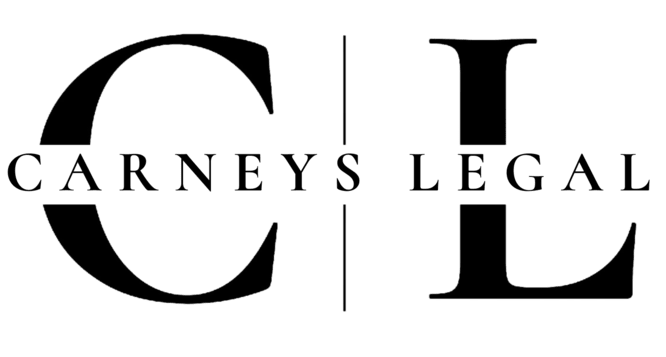What is a Shadow Director?
A person may choose not to become a company director because directors can be held personally liable in relation to a company’s activities in certain circumstances. However, for the purposes of the Corporations Act, a director is defined to include a person who, while not formally appointed as a company director (or listed on ASIC records), acts in that role or on whose instructions or wishes the directors of the company are accustomed to act (“shadow director”).
A shadow director owes the same duties to their company as a formally appointed director.
These duties include:
- the duty to prevent insolvent trading;
- the duty to exercise care and skill;
- the duty to act in good faith in the interests of the company as a whole;
- the duty to exercise their power as a director for a proper purpose;
- the duty not to gain an advantage for themselves or someone else or cause detriment to the company by improper use of their position; and
- the duty to disclose any material personal interest they may have in a matter that relates to the affairs of a company.
Company Officers
In contrast, a company “officer” is a broader term including a director, secretary and any other person who participates in making decisions that affect a substantial part of a company’s business or has the capacity to significantly affect a company’s financial standing.
Some Corporations Act obligations apply to officers as well as directors, eg duty of care and diligence. In the 2012 High Court decision in the “James Hardie” case, it was found that the general counsel/company secretary was an officer of the company who had breached his duty of care and diligence by, among other things, failing to advise the board of shortcomings of certain actuarial reports.
How Do I Decide If I Am a Shadow Director?
Not every person whose advice is followed by the board will be a shadow director. A person is not a shadow director merely because the company’s directors act on advice given by that person in the proper performance of functions attaching to that person’s professional capacity or that person’s business relationship with the company or the directors. A shadow director must have the potential to control decisions of the board and must exercise this power.
However, the fact that a shadow director’s advice is disregarded from time to time or that the person does not seek to control every facet of the company will not prevent a person from being classed as a shadow director.
In the December 2013 decision of the UK High Court in Vivendi SA Centenary Holdings III Ltd v Murray Richards Stephen Bloch (involving a similar provision in the UK legislation), a company consultant, with a director, had caused the company to make nine payments of over £10 million by way of a series of loans and investments to other entities in an attempt to defeat the company’s creditors. Although not a listed director, the consultant was joined as a Defendant to Commercial Litigation and was found to be a shadow director of the company who was personally liable for breach of directorial duties and negligence.
Why Should You Be Concerned?
Shadow directors and officers can be held personally liable for decisions they make, resulting in substantial (and unexpected) personal exposure. This issue typically arises in Commercial Litigation after a liquidator has been appointed to wind up a company.
Company executives should consider whether they are in positions of influence such that they may be treated as shadow directors or officers of their company and exposed to personal liability in relation to the company’s activities.
Arthur Carney, Partner
Commercial Litigation and Dispute Resolution

